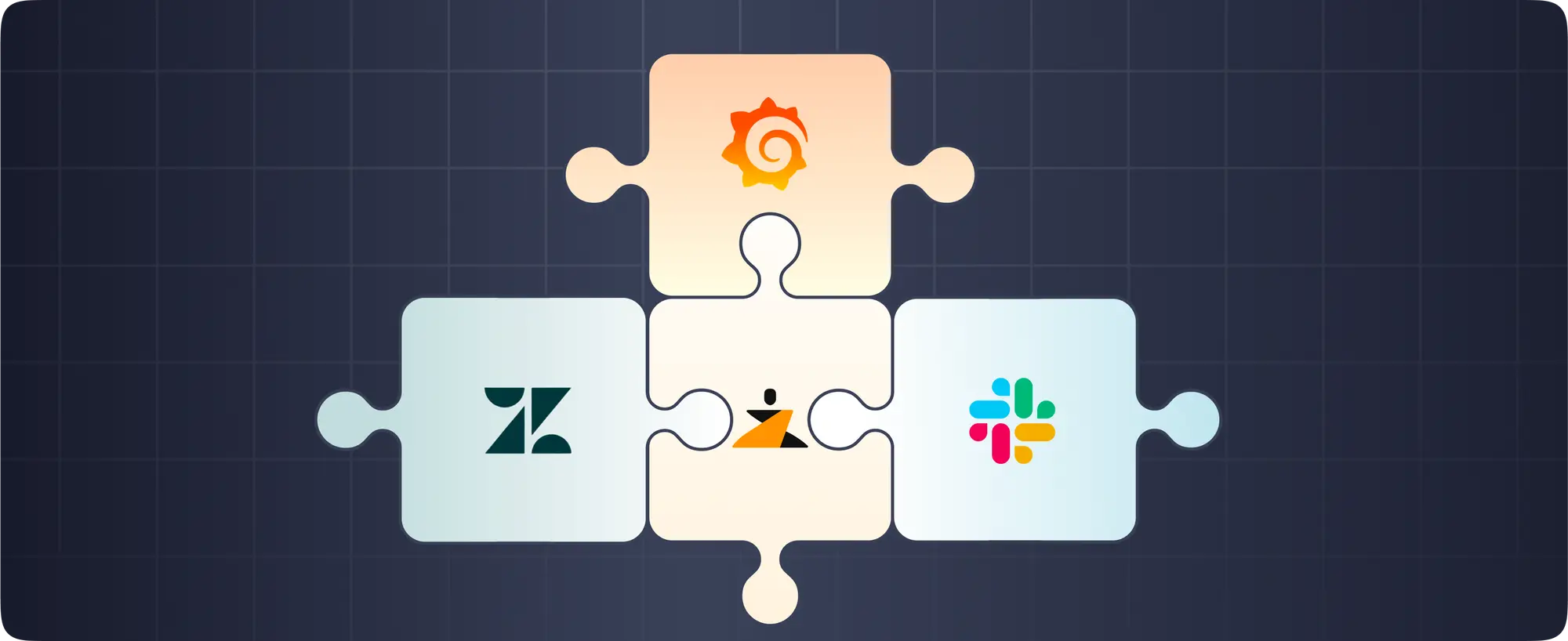FAANG proofing your Job Applications
There is one thing that hurts more than being rejected by a hiring manager - being rejected because you’re not ex-FAANG. This was not always the case though - FAANG’s combined engineering workforce is currently at 330,000+ and growing at an astounding 20% YoY.
This means that at any given point in time, there are tens of thousands of FAANG engineers active in the job market vying for spots in great up-and-coming companies. This has significantly increased the rejection rates of non-FAANG candidates for key engineering roles at the initial screening stage itself. So what can you do to stand out?
There is no one answer to the question but I’ll share some insights to help you to prioritize things and prepare better for an interview with major tech companies.
Whilst applying for your dream companies, there might be a couple of roadblocks you might run into. But not being able to express your abilities and your work ex efficiently shouldn’t be one of them. Let’s say you are applying for a role of an engineering manager with limited experience in the role and you haven’t worked for Facebook, Amazon, Apple, Netflix, or Google, how do you clear the screening, the interview, and get hired?
It feels weird not naming the persona above, so let’s say “Danny” here has, a BS in engineering, some start-up experience, and less than two years engineering management experience.
Thinking of applying to a company as pitching as a founder on Shark Tank. What should be the key elements of Danny’s pitch to the companies she is applying for?
- time in role
- experience delivering products
- experience dealing with tough people problems
- results
Time in the role is the biggest challenge Danny has to tackle here, she has to convince the hiring manager at the screening level to look past it. This should be quite straightforward for her to deal with given usually the hiring manager’s call is to not have a strong screening step.
In an engineering manager role, the most important element is results! And that’s what needs to be put forth in the screening process and follow-up interviews.
An engineering manager’s first job is to deliver so talking about how she defines the tasks, coordinates the troops, and removes obstacles to get products out the door becomes very important for Danny. She should talk more about her Agile / Kanban process, planning, technical decision making. And emphasize technical projects that were shipped on her watch.
Danny further needs to add examples of times she guided a team to deliver meaningful business results, mentions measurable changes made by her to improve company process, etc. The same prioritizing strategy can be used in the interview process where Danny will talk about the key results, impacts, draw examples, and then dive deep into how she managed to achieve these results.
These keywords which point to tangible results make the hiring managers’ ears perk up because that is what they are managed to. Intangible skills like mentorship and coaching are important but merely are tools to deliver results.
Camille Fournier’s - 97 things every engineering manager should know” is a nice starter guide for engineering managers with stories from experienced engineering managers.
To sum up, experience in the role is key while applying for major companies but if you have driven good results using your intangible skills, present it in the best way possible by prioritizing the results first to improve your chances.
If you found the above story relatable and insightful, do follow us on LinkedIn.
PS: If you get hired after reading this, try using Zenduty for your engineering team. All the best!





